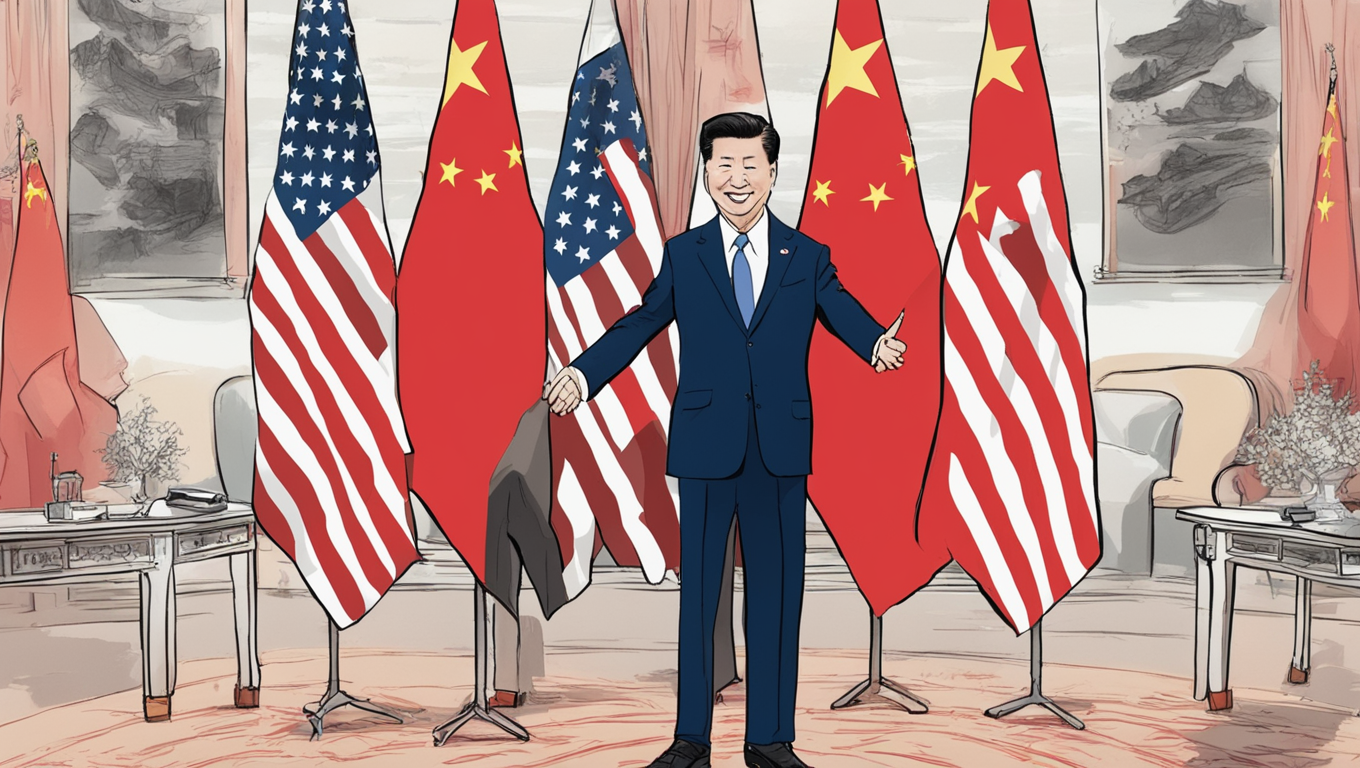The recent meeting between US President Joe Biden and Chinese leader Xi Jinping has yielded several agreements and commitments in various areas of cooperation. President Biden confirmed that the two countries will collaborate in the fight against fentanyl and other narcotics, engage in discussions about managing artificial intelligence, maintain military contacts, and uphold the status quo regarding Taiwan. In a press briefing following the meeting, President Biden stated, “We’ve made some important progress” in addressing the flow of fentanyl into the US.
One of the key topics of discussion was Taiwan, and President Biden restated the United States' commitment to the one China policy. He emphasized that there was no expectation of Chinese interference in Taiwan’s upcoming elections. President Biden stated, “I trust but verify as the old saying goes. We’re in a competitive relationship, China and the United States, but my responsibility is to make this rational and manageable so it doesn’t result in conflict.”
The meeting between the two leaders took place at a secluded estate in California and lasted for two hours, followed by a working lunch. China confirmed that there was an agreement to work together on narcotics control and artificial intelligence. Both countries also agreed to resume military-military communication. In a readout released before President Biden’s press conference, China expressed the need for cooperation and mutual respect while emphasizing that its concerns regarding Taiwan should be respected.
In terms of defense policy coordination, the United States pushed for the resumption of talks on this matter, as well as meetings under the military maritime consultative agreement and theatre commander talks between the Pentagon and the People’s Liberation Army. These channels were severed by China last year following a visit to Taiwan by then Speaker of the House Nancy Pelosi. The resumption of these channels is essential in preventing any inadvertent crisis and providing mechanisms to address potential conflicts.
The Chinese readout of the meeting also highlighted the importance of understanding each other’s bottom-line principles and avoiding actions that stir up trouble or cross boundaries. It emphasized the need for more communication, dialogue, and discussion to handle differences and accidents calmly. China made it clear that it does not have plans to surpass or replace the United States and expects the United States to refrain from suppressing or containing China.
One significant issue discussed during the meeting was the flow of fentanyl into the United States. China has often pointed out the US government’s struggle to permanently classify fentanyl analogues as schedule I controlled substances. This classification is crucial for criminal prosecutions. The widely varied nature of fentanyl analogues makes it challenging to define them accurately, potentially resulting in the inclusion of harmless substances and the exclusion of dangerous ones. However, there may be progress on this front as the US Drug Enforcement Administration reviews public feedback on a proposed rule to categorize certain fentanyl-related substances as schedule I.
Overall, the meeting between President Biden and President Xi Jinping marks an important step in the relationship between the United States and China. The agreements reached in various areas of cooperation indicate a willingness to work together. However, it is essential to maintain a vigilant and rational approach to prevent conflicts and ensure a competitive yet manageable relationship between the two countries.





Use the share button below if you liked it.